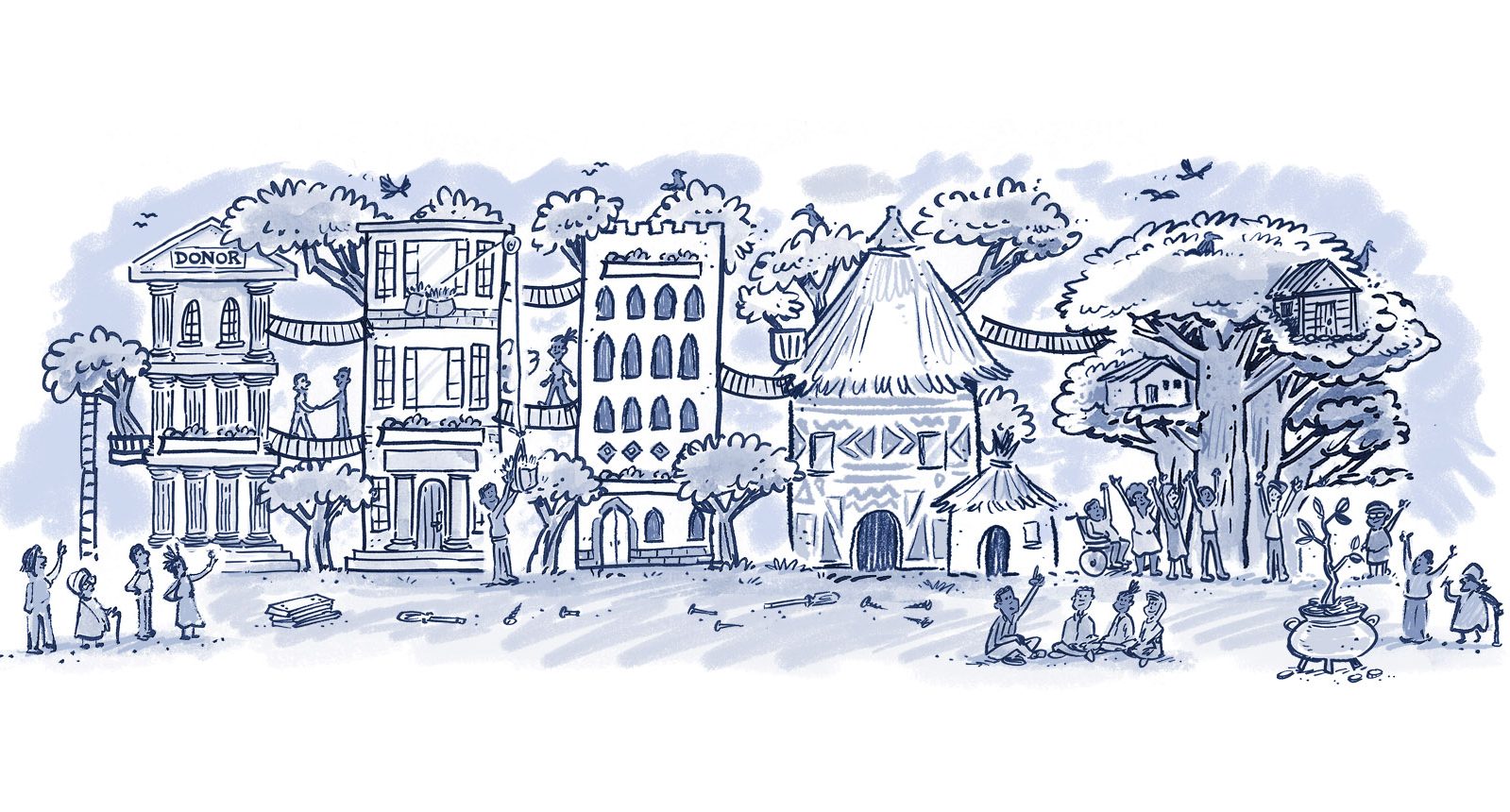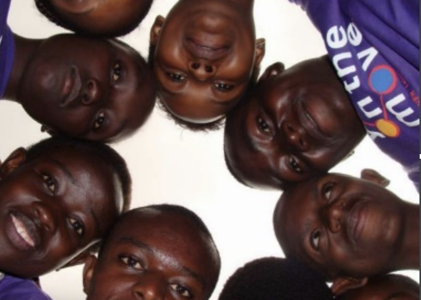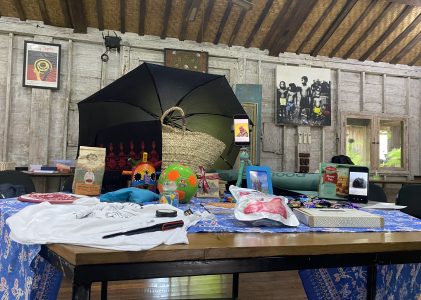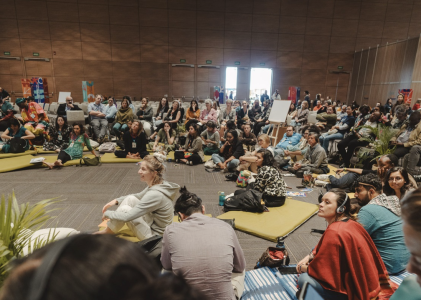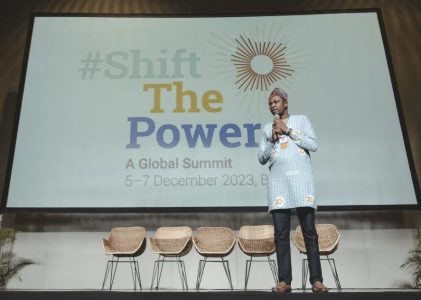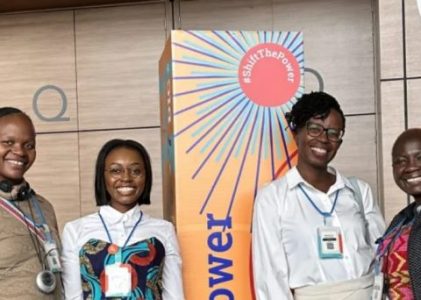As I edit this draft that was originally started in December shortly after the summit (which I decided to shelve to go for my annual break) I remember the power of rest that resounded throughout the summit. I remember the curiosity on the faces of over 700 people. I remember the tranquility room where I once napped, and I was joined by a participant who was having her prayers. I remember how we both co-existed in that space, her in her prayers, me in my half sleep/siesta and there was a powerful message within that moment that has stayed with me ever since. That we can co-exist, in rest and in care.
